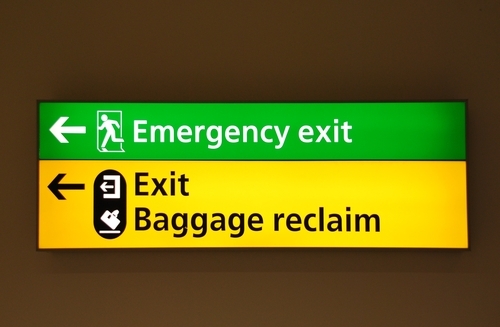
It is not unusual for families or groups of friends taking a flight to check in their baggage together. The sight of a group of travellers opening their suitcases just in front of the check-in desk and trying to redistribute their belongings amongst themselves in order to meet the airline’s weight limit is not uncommon either. But what if the airline loses one or more of those suitcases? Who should be entitled to compensation: only the person in whose name the lost suitcase was checked in or, perhaps, also other persons whose belongings were inside? The answer has a practical impact because in such cases there is a limit per person to compensation which is set at 1 131 ‘special drawing rights’ (equivalent to around € 1350).
This legal issue became a practical one for four members of the Sánchez family, whose two suitcases were lost by Iberia in 2008. Although objects belonging to all four travelling family members were in the suitcases, the airline said it would compensate only those in whose names they were checked in. The Sánchezes took the airline to court, which had doubts as to the interpretation of the Montreal Convention governing such issues. In order to find out the answer, the national court asked the CJEU, which has the power to interpret the Convention as it applies in EU law.
Responding to the national court, the CJEU ruled that a passenger can claim compensation from the air carrier for the loss of their belongings if they were placed in baggage checked in in the name of another passenger on the same flight. However, the passenger has to prove that their belongings were actually in that other person’s suitcase. Does this mean that if we put something into a companion’s luggage we should take photographs? Probably this would not be a bad idea, but the CJEU made no mention of how a passenger can prove this. Instead, it instructed national courts to take into account circumstances such as the fact that the passengers concerned are members of the same family, that they bought their tickets together or that they checked in at the same time. Whether all four members of the Sánchez family will get compensation from Iberia remains to be decided by the national court, but since it is bound by the CJEU’s interpretation of the legal rules, they would seem to have a fair chance.








[…] many of you will travel for the holidays, this week we covered hot transport topics. Thousands of air travellers each year lose their luggage. Under the Montreal convention, airlines have to declare baggage lost within 21 days, and thus pay […]